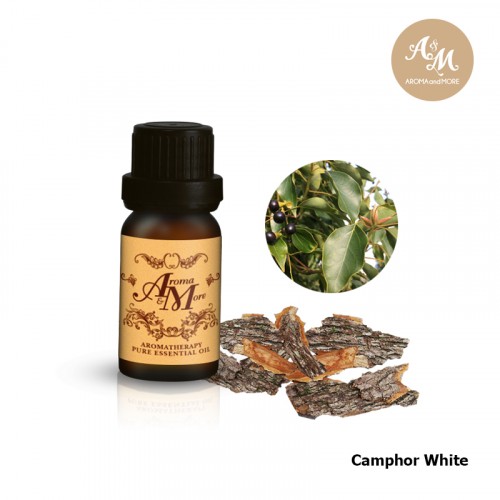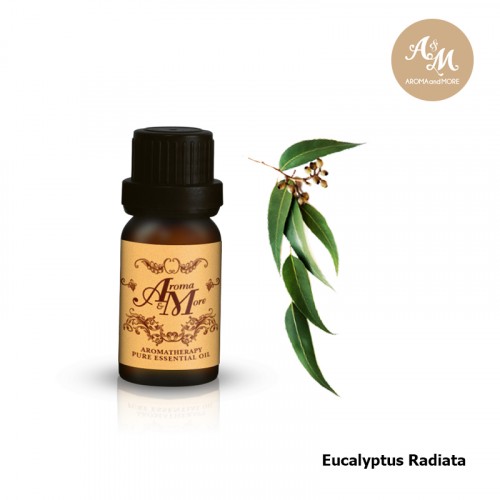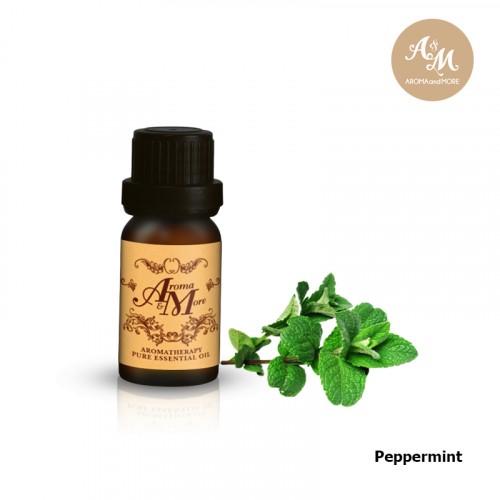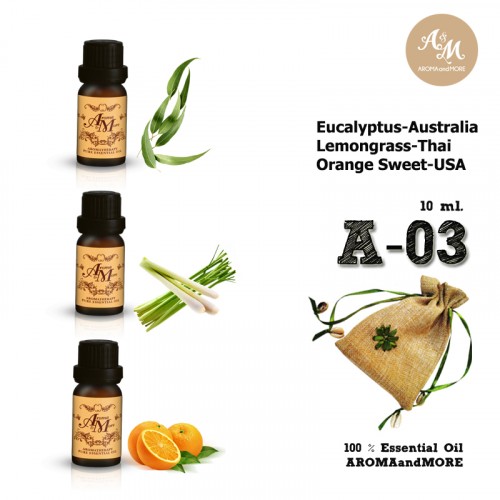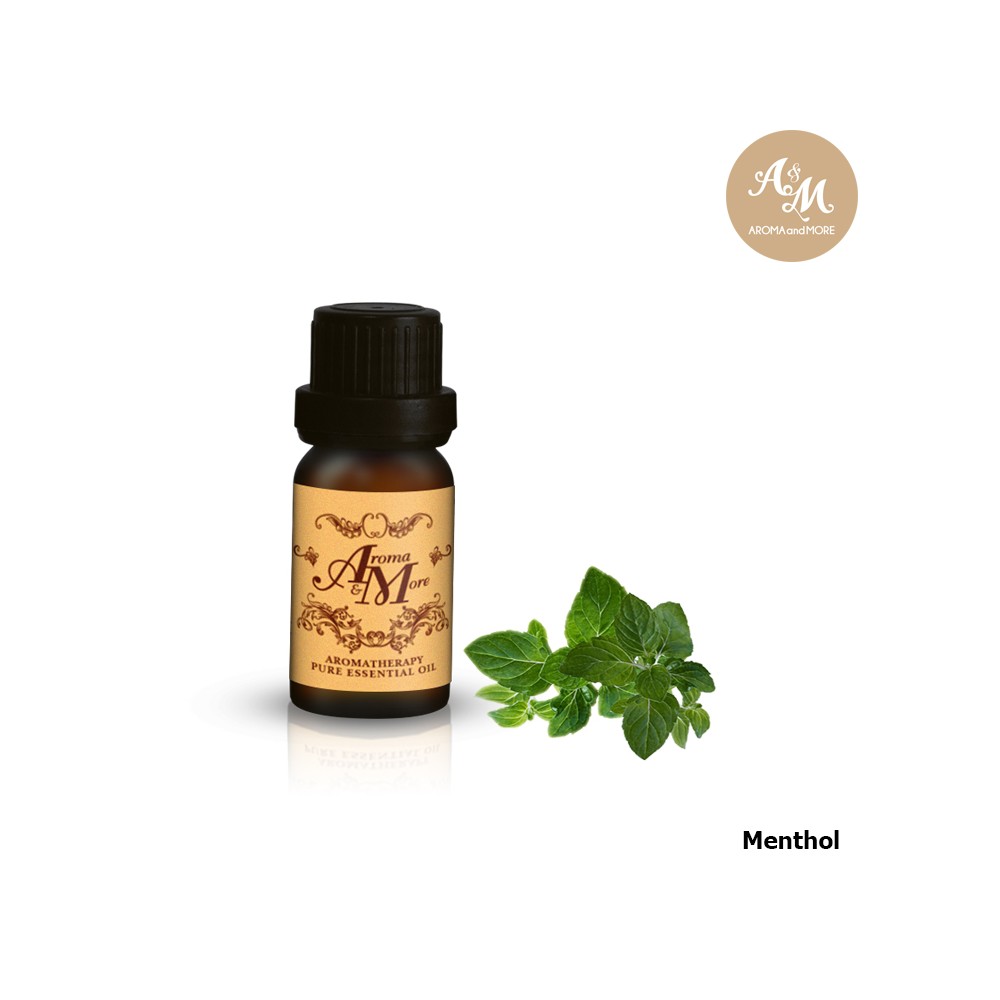








Botanical Name: Mentha arvensis
Origin: China
Method of Extraction: Steam Distillation / Refined
Parts used: Leaves
Color: Nearly colorless with possible faint yellow green tint
Perfumery Note: Top
Consistency: Thin
Aromatic Description: Strong Crisp Mint Aroma
Blends well with: Basil, Black Pepper, Cajeput, Camphor, Cassia, Cinnamon, Clove, Cypress, Eucalyptus, Eucalyptus Lemon, Grapefruit, lavender, Lemon, Lime, Manuka, Marjoram, Niaouli, Peppermint, Pine, Rosemary, Spearmint, Tea Tree
Initial Strength: Strong
Class: Monoterpenol
Menthol is the main component of Cornmint Essential oil. Cornmint may be over 35% menthol and have higher menthol content than Peppermint.
This Menthol oil is steam distilled from natural Cornmint which is also known as Japanese mint. Cornmint essential oil is rarely sold in its pure form. Usually it is chilled until the menthol solidifies then the liquid and solid is separated into a dementholized cornmint oil (which still contains a large amount of menthol) and menthol oil. The solid menthol crystals turn back into liquid in the remaining essential oil as it returns to room temperature for easier handling. A higher concentration of menthol would crystalize and be categorized as a natural isolate. Menthol oil is a natural extract but neither a complete essential oil nor a highly pure natural isolate. Menthol content is normally around 90%.
Menthol oil 100% Natural, China
In aroma therapy Menthol is commonly used as an addition to other essential oil blends to increase power and lower the cost.
Menthol can be used like peppermint as a pain reliever for minor burns such as sunburn or insect bites. It also is a common ingredient in products used to treat muscle aches to reduce pain and improve blood flow to the affected area. It is stimulating, energizing and improves stamina. It can be diluted and applied as a rub on muscles before a busy day.
Menthol oil has a dry sharp aroma with a strong menthol scent
Menthol’s high potency can be a good addition to formulas, especially peppermint formulas to help lower the cost. It can be especially useful for fragrancing purposes such as diffusers, potpourri, sprays, candles, soaps and deodorizers.
Menthol is useful for fighting fungal infections. It is also used to control athlete’s foot or in hair treatments for dandruff because it is thought to not only fight infection but stimulate the glands to produce more moisture in cases of dry scalp or skin.
Diluted in small amounts into a natural aloe vera gel, menthol may be used in local rub to ease pain from minor burns such as sunburn. (Note: burns should be treated first with ice or cold running water to minimize continuing damage. Seek medical advice with large or serious burns).
In areas outside the home or living space menthol can be a powerful oil to use in pest control products. Menthol repels ants, aphids, flea beetles, cockroaches, white flies, lice and even mice. (Avoid constant exposure to menthol especially around children and pets).
Note: Menthol oil should not be taken internally.
Caution: Can irritate the skin if not diluted properly. Should not be inhaled in large concentrations for long periods. May be overstimulating for people heart conditions. Essential oils can be harmful if used improperly. Information is provided for educational purposes only. It is up to the customer to determine if the product is right for their intended purpose. Special consideration should be made before applying essential oils to pregnant women, children or the elderly. If under a doctor's care, please consult the physician before using essential oils. If applying to skin essential oils must be diluted correctly and Aroma & More recommends testing on a small area of skin to check for reaction before attempting a full body massage.
No comment at this time.
You Must Login To ReviewYou might also like

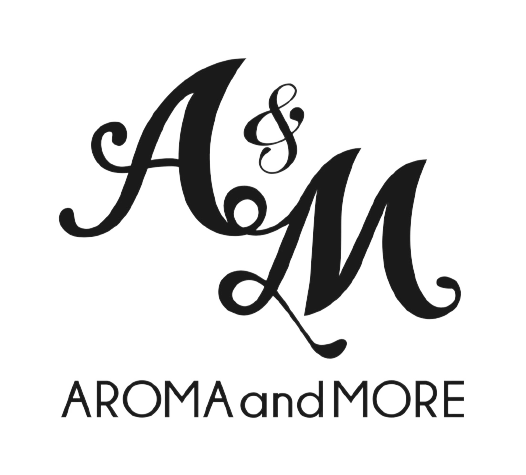
 EN
EN
